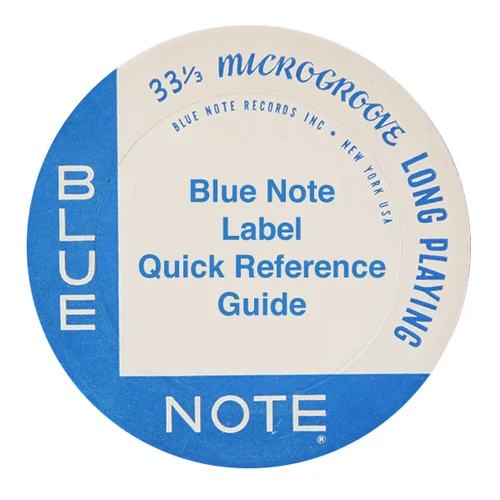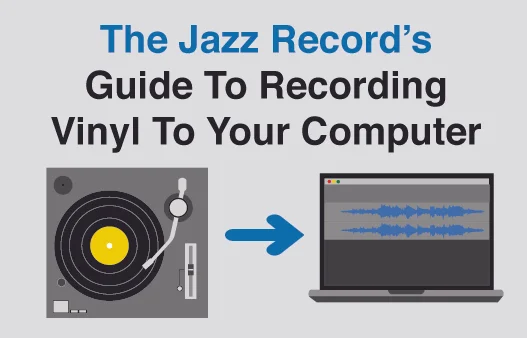A Return To Form: Bill Evans - "Trio 64"
/Bill Evans • Trio 64 • 1964 • Verve Records
Recorded December 18, 1963 in New York City
The Selections:
The Tracks:
A1. Little Lulu
A2. A Sleeping Bee
A3. Always
A4. Santa Claus Is Coming To Town
B1. I'll See You Again
B2. For Heaven's Sake
B3. Dancing In The Dark
B4. Everything Happens To Me
The Players:
Bill Evans - Piano
Gary Peacock - Bass
Paul Motian - Drums
The Record:
Bill Evans Striking A Familiar Pose
After Miles and Trane is there a more towering figure in modern jazz than Bill Evans? His relaxed and emotional style at the piano would prove monumentally influential to not only his peers but to generations of pianists that would follow him. It also doesn't hurt that he appeared on (and had great influence over the direction of) Kind Of Blue and that the two LPs from his trio's landmark stint at the Village Vanguard in 1961 (Waltz For Debby and Sunday At The Village Vanguard) are both stone-cold classics.
The excellent Trio 64 marked Evans' first trio album after a move to Verve from his previous home at Riverside Records. While the work Evans' did with his first trio featuring Scott LaFaro and Paul Motian (particularly the Village Vanguard recordings) remains by far his most popular and lauded work, even after LaFaro's tragic death in 1961 he continued to improve upon and refine his particular brand of soulful and introspective playing.
Trio 64 marked a reunion with Motian and Evans' only recorded work with the talented bassist Gary Peacock. The album matches up with Evans' finest trio sessions, with his shimmering piano lines dancing between Peacock's sharp bass lines and Motian's usual sublime work on the drums. Peacock was a perfect match for Evans, he was a kindred spirit when it came to not simply following the musical trends of the day, as evidenced by his time spent with the likes of Albert Ayler and Paul Bley a few years after the recording of Trio 64.
The song selection shows how Evans was able to take even the most rote pop songs of the day and transform them into unabashed works of modern jazz. Is there another pianist of the era who would attempt a take on "Santa Claus Is Coming To Town" (the album was recorded December 18th, so why not throw in a Christmas tune) or "Little Lulu" (the theme from a 1940s cartoon of the same name) and so successfully have them come off as if they were jazz standards all along? Even more impressive is that this was the first time that Evans had played with Peacock, and yet there is no sense of hesitation in either musician's interaction with each other, it sounds like they've been playing together for years.
Bill Evans was an odd fit for the jazz scene of the late 1950s and '60s, he was a quiet and withdrawn figure (at least in public) and as hard as it is to imagine now, he was attacked in some circles for his style of playing, of not being "jazz" enough. He had his personal demons - as many musical geniuses do - and he fought those with drugs, first heroin and then cocaine. Some folks say that his best work was behind him by 1964, but Trio 64 certainly proves that to be untrue, and while he did take some commercial and artistic detours before he finally left us in 1980, his level of playing - particularly in the trio setting - was nearly always performed at the highest of levels, leaving us lucky listeners with a fascinating and deep discography to wrap our ears around.
The Vinyl:
The Details: An original stereo pressing on the second version of the silver "T" logo, this one first appearing in 1960 after the sale of Verve to MGM as noted by "A Division Of Metro-Goldwyn-Mayer, Inc." along the bottom.
Price: I paid $25 at a local shop, a very fair price considering the VG+ condition of the vinyl and gatefold cover.
Sound Quality: Great analog sound, with a full soundstage that makes you feel like the trio is performing in front of you.
Notes: I am pretty shocked at how thin the vinyl is on this pressing, to the point I double checked a few times to make sure that it was not a 1970s repress, but it does appear to be an original. It still sounds excellent, but it is surely something to note, as you'll want to make sure any copies you might come across have been well cared for. Abuse will inevitably erode the sound quality of these thinner pressings more significantly and much quicker than the heavier vinyl releases from other jazz labels during this time period.













